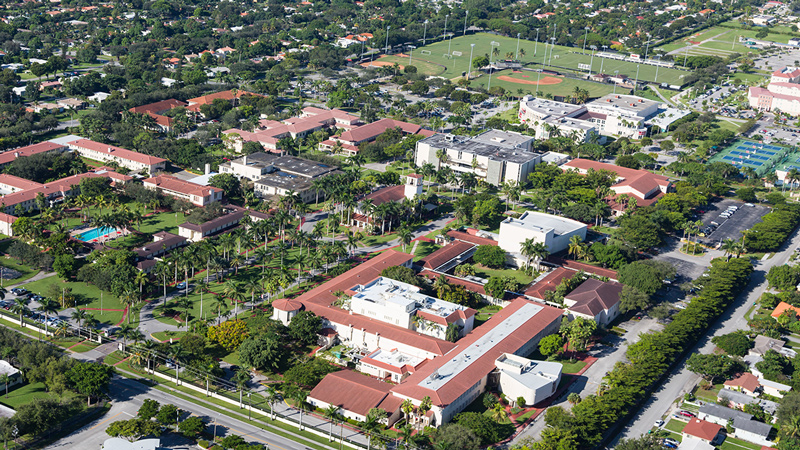Campus Safety
The Campus Safety Department (CSD) at Barry University is committed to working with the community to facilitate the development and maintenance of a safe and secure environment. This commitment supports the continued evolution of the Barry University Mission and the Basic Principles of Service to our Barry community.
A safe campus is everyone's responsibility. Do your part to protect yourself and others. Increased awareness by all of us can help prevent crime and keep our community safe. Crime prevention and awareness is not the sole responsibility of the Campus Safety department. It is a joint venture with the community which it serves.
The primary purpose of this site is to provide security information, assistance, and service; to aid campus occupants during their stay on our campus.
Contact Us
-

Campus Safety Department
Campus Safety Dispatch
305-899-3333
dispatch@barry.edu


























